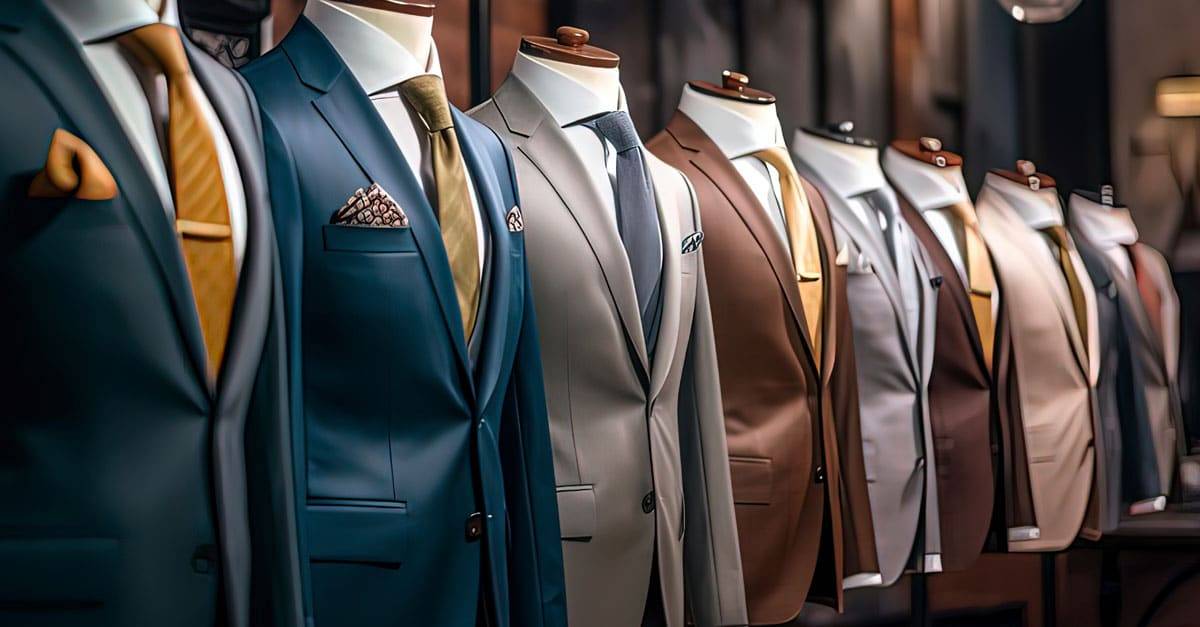The Importance of Personalization
Luxury brands prioritize personalization, tailoring offerings to individual preferences. Using data, they offer personalized recommendations, exclusive offers, and customized services to create a valued and understood customer experience.
One example of personalization in the luxury brand industry is the practice of creating custom products. Luxury fashion houses such as Louis Vuitton and Gucci offer bespoke services where customers can have clothing and accessories made specifically for them. This level of personalization not only ensures a perfect fit, but also creates a sense of exclusivity and uniqueness for the customer.
Creating a Sense of Exclusivity
Exclusiveness and scarcity are the hallmarks of high-end brands, which use limited availability to create high demand and a sense of urgency. They employ strategies such as limited edition collections, invitation-only events, and memberships to achieve this exclusivity.
For example, luxury watch brands such as Rolex and Patek Philippe are known for their limited production runs and waiting lists. This scarcity creates a sense of desirability and exclusivity among customers who are willing to wait and pay a premium for these coveted timepieces.
Your Wealth, Our Priority: Altoo's Consolidation Power, Secure Document Management, and Seamless Stakeholder Sharing for High Net Worth Individuals. Preview Platform.
Attention to Detail
From the quality of the materials used to the craftsmanship involved in the production process, every aspect of a luxury product is carefully considered. This commitment to excellence extends to the customer experience.
Premium brands invest in highly trained associates who are knowledgeable about their products and can provide customers with expert advice and assistance. Whether it’s a personal shopper at a luxury department store or a concierge at a luxury hotel, these professionals ensure that every interaction with the brand is seamless and memorable.
Seamless Omni-channel Experience
Luxury brands are integrating their physical stores, online platforms, and social media channels to create a cohesive and immersive brand experience. For example, luxury fashion brands such as Burberry and Chanel have embraced digital technology to enhance the customer experience. They use augmented reality (AR) and virtual reality (VR) to allow customers to virtually try on clothes or experience their products in a virtual environment.
After-Sales Service and Relationship Building
Luxury brands recognize that the customer journey doesn’t end with the purchase. They focus on after-sales service and building long-term relationships with their customers.
These brands often go above and beyond to ensure customer satisfaction. For example, luxury car brands such as Rolls-Royce and Bentley offer personalized concierge services to help customers with everything from scheduling maintenance to arranging special events.
Constant Innovation and Adaptability
Leading up-market brands are constantly innovating and adapting to stay ahead of the curve. They invest in research and development to create new products, explore new technologies, and anticipate changing consumer preferences.
For example, luxury beauty brands such as Estée Lauder and Dior have embraced augmented reality (AR) technology to provide customers with virtual makeup try-on experiences. This innovative approach not only enhances the customer experience, but also enables luxury brands to stay relevant in a digital-first world.









